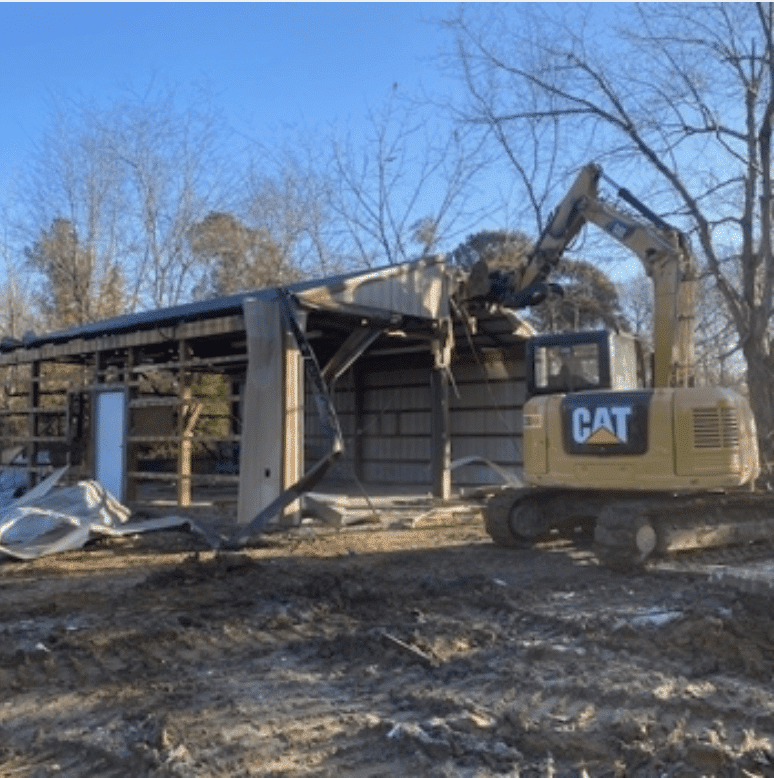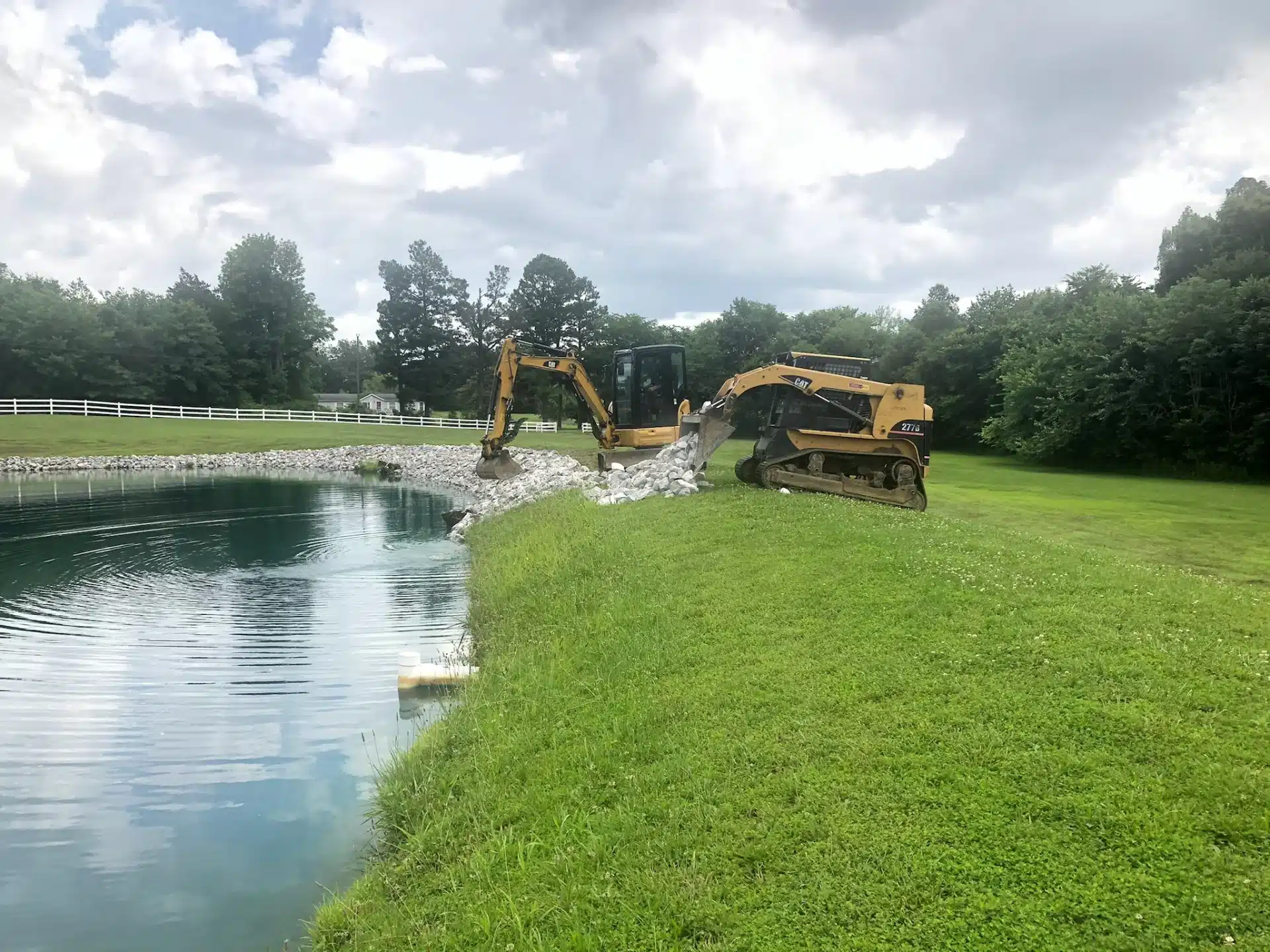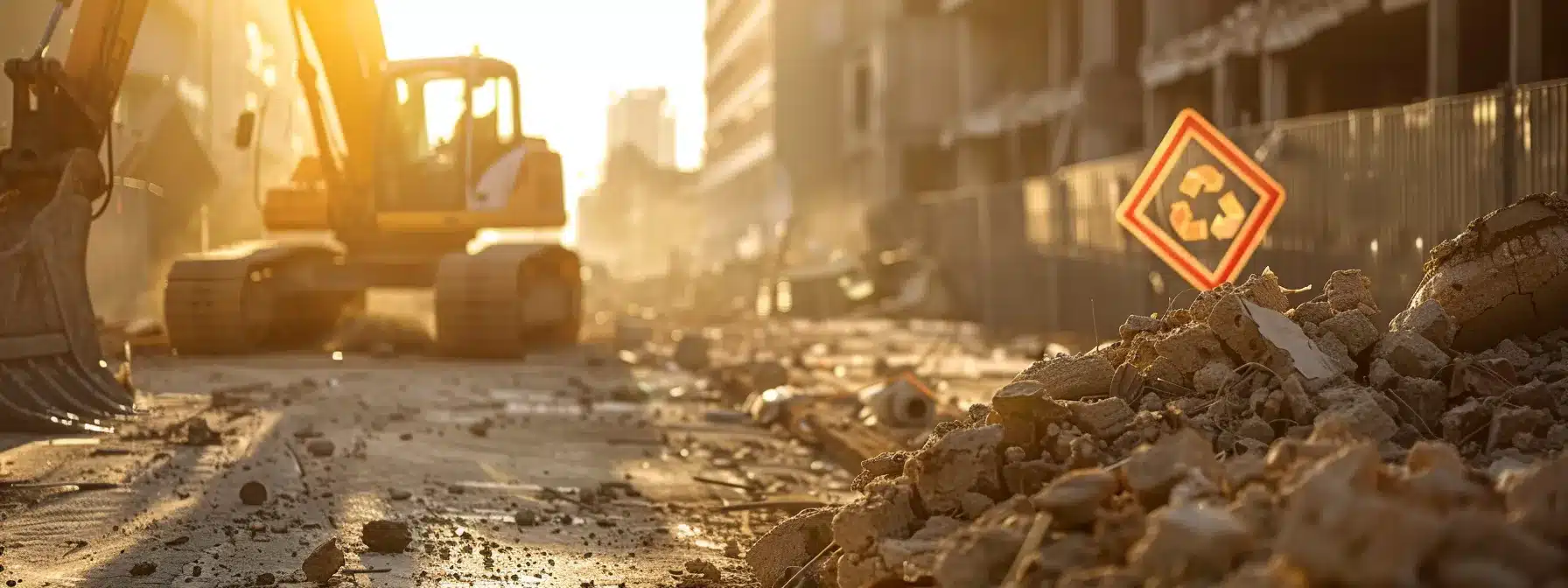The importance of planning
Before starting an excavation project, it’s important to carefully plan out the work to ensure the safety of workers and the efficiency of the project. This includes identifying the location and scope of the excavation, as well as any potential hazards and how to address them.
-
- Here are some key considerations when planning an excavation project:
- Identify the purpose of the excavation: It is essential to understand the goal of the excavation in order to plan accordingly and make sure the work is focused, logical and productive. Establishing the purpose of the project will help guide the planning process and ensure that the work is efficient.
- Determine the location and scope of the excavation: It’s essential to decide where and how large the project should be. That way, the right resources can be allocated to the job. This includes budget, timeline, people and tools. Without the right location and scope, the project won’t be successful. Knowing this is the key to completing it.
- Assess potential hazards: Excavation projects can present a range of hazards, including the risk of cave-ins, equipment accidents, and exposure to hazardous materials. It’s important to carefully assess these hazards and put safety measures in place to mitigate the risks.
- Develop a plan for addressing potential hazards: Creating a plan to address identified risks is essential. This could involve putting up barriers, displaying warnings, providing protective equipment to staff, or establishing safety procedures.
- Coordinate with relevant authorities: Coordination with local authorities and stakeholders is essential for any excavation project. It’s important to keep in contact with them, to make sure the project follows regulations and doesn’t disturb the community.
Overall, careful planning is essential for the success and safety of any excavation project. By taking the time to carefully consider these factors, property owners and contractors can ensure that the work is completed efficiently and safely.
- Here are some key considerations when planning an excavation project:
Safety is a top priority
It’s essential to take all necessary precautions when doing excavation work. This means using safety equipment, following protocols, and training workers so they know what to do. This will protect everyone in the vicinity and make sure they stay safe.
-
- Here are some key considerations when it comes to safety in excavation projects:
- Use protective equipment: It’s essential for employees to have the proper protective gear like hard hats, gloves, and steel-toed boots to ensure they’re safe from potential dangers.
- Follow proper safety procedures: Workers should be trained in proper safety procedures and should follow these procedures at all times while on the job. This may include measures such as staying alert and sober, following traffic rules when operating equipment, and properly marking and cordoning off areas where excavation is taking place.
- Use caution when operating equipment: Excavation projects need specialized machinery like excavators, bulldozers and shovels. It’s essential that staff are properly trained in using this equipment and take extra care when operating it to prevent any incidents.
- Take care when working near utilities: Excavation projects often involve working near underground utilities such as gas, water, and electricity lines. It’s important to take extra care when working in these areas and to follow proper procedures to avoid damaging these utilities.
- Monitor the weather: Weather conditions can have an impact on the safety of an excavation project. For example, extreme heat or cold can affect the physical tolerances of workers, and heavy rain or other precipitation can make the ground slippery and unstable. It’s important to monitor the weather and take appropriate precautions to ensure the safety of workers.
Overall, it’s important to prioritize the safety of workers and anyone else who may be in the area during an excavation project. By following proper safety procedures and using protective equipment, contractors and property owners can help ensure that the work is completed safely.
- Here are some key considerations when it comes to safety in excavation projects:
Equipment and tools are essential
Excavation projects usually involve using particular machinery and tools, like excavators, bulldozers and spades. It is essential to pick the right tools for the job and keep them in good condition and use them correctly.
-
- Proper care and use of equipment is essential for protecting workers and ensuring projects are completed efficiently. Regular inspections, training staff, and following safety protocols are all important. Choosing the right tools and keeping them in good condition can also help improve accuracy and the quality of the work. It is important to take proper precautions when it comes to equipment to ensure a successful excavation project.
Collaboration is key
Working together on excavation projects requires strong communication and collaboration between engineers, contractors and other professionals. It’s essential for achieving success.
-
- Cooperating with local authorities, utilities companies and other key players can help make a project successful. Teamwork permits the exchange of ideas and expertise, making things more efficient and of a higher standard. It also keeps everyone in the loop, so all concerns and requirements are addressed. When collaboration is embraced, the job can be completed successfully for all parties.
- For example, if contractors fail to communicate the scope and timeline of excavation work to the property owner, misunderstandings and conflicts may arise. The property owner may be unaware of the work’s impact on their property, which can cause frustration and resentment. Poor communication and collaboration can lead to delays, problems with the project, and harm the relationship between the contractors and the property owner. Additionally, there may be compliance issues with local regulations that could jeopardize the project’s success.
Properly managing waste and debris is important
It’s essential to plan ahead when tackling an excavation project because it can create a lot of debris. To make sure we don’t harm the environment, we can take steps like recycling, reusing, or disposing of the waste in a way that follows local rules.
-
- Properly managing waste and debris during an excavation project is essential. Recycle, reuse, or dispose of material in accordance with local regulations. For example, reuse soil and organic matter for landscaping, and dispose of hazardous materials in specialized facilities. Doing this can help save money, reduce environmental impact, and ensure the project’s success. Having a plan in place for managing waste and debris helps ensure a successful excavation project.
Supreme Enterprises, LLC
In summary, proper planning is crucial when it comes to communication, safety, collaboration, equipment and managing waste. At Supreme Enterprises, we have many years of experience handling large excavation projects and we have a system to ensure that these needs are met for each project that we handle.
Contact us today for more information about excavation projects.













